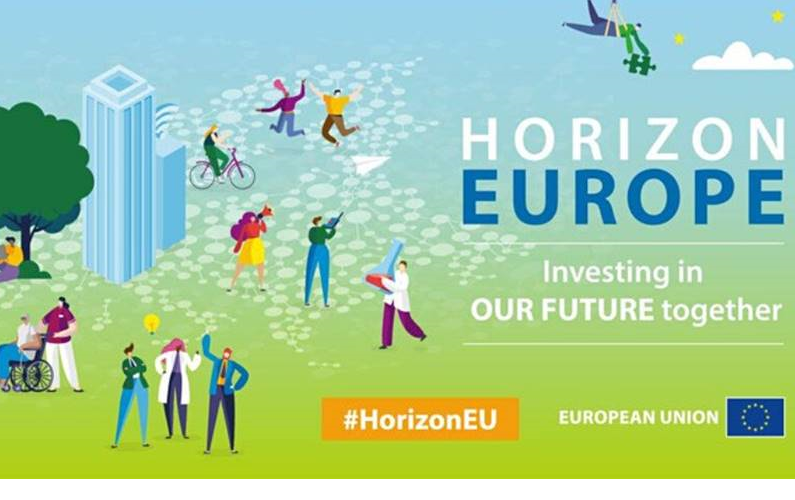
by Edel O'Sullivan, | Oct 15, 2021 | News Release, Press
MOIC recently shared their experience of European funding at the Horizon Europe Cluster 1, Health event.
At the event UK and Irish National Contact Points presented opportunities in the Horizon Europe Health work programme for 2022. It covered all aspects of Horizon Europe as well as an introduction to the Innovative Health Initiative and the European Innovation Council.
MOIC presented as one of the success stories in Northern Ireland and shared some tips on how to secured grants in a competitive environment.
Some of the tips we shared included:
1. Finding partners
2. Identifying call topic
3. Writing proposal
4. Budget
5. Grant agreement partnership (GAP) signing and grant agreement
For more information or if you would like to learn more get in touch via our contact us page.
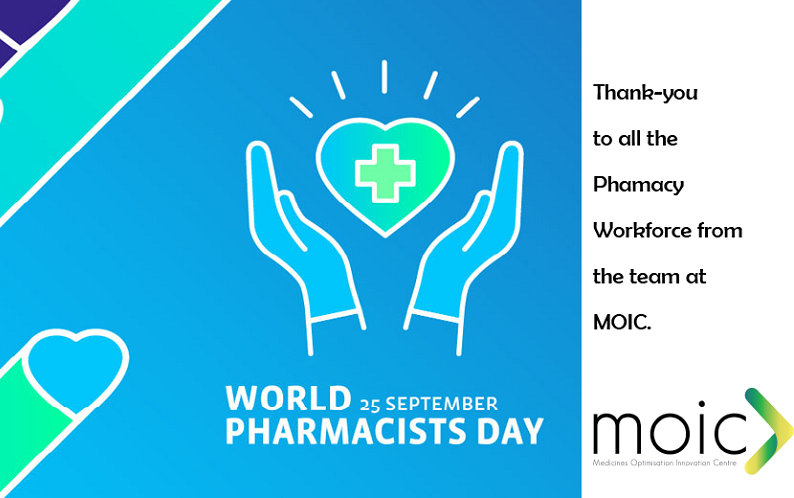
by Edel O'Sullivan, | Sep 24, 2021 | News Release, Press
On the 25th of September it is the annual World Pharmacists Day. This year’s theme is “Pharmacy: Always trusted for your health“.
Trust is essential to health care: there is a significant association between trust in healthcare professionals and health outcomes for patients. Today MOIC would like to thank all the pharmacists working across the health service to improve patient care.
Also to mark World Pharmacist day we want to look at the collaborations we have built across the world to improve patient safety and medicines optimisation. Sharing learning with other hospitals and pharmacists across the world benefits our pharmacists, clinicians and patients.
Take a look at the feedback we have received below from Estonia in this short video clip.
For further videos visit our vimeo page below:
https://vimeo.com/manage/videos/598405275
https://vimeo.com/manage/videos/586848580
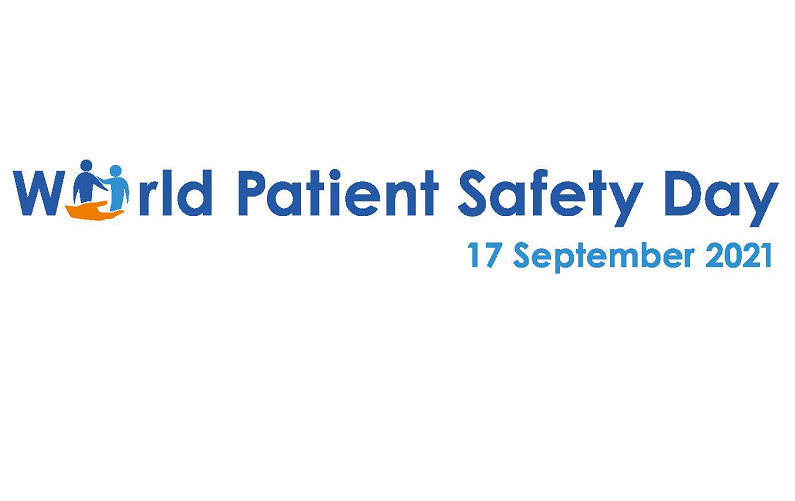
by Edel O'Sullivan, | Sep 17, 2021 | News Release, Press
Today is World Patient Safety Day and in what has been a challenging year for health, MOIC ensured Patient Safety remained at the forefront of our health service. World Patient Safety Day was established in 2019 to enhance global understanding of patient safety, increase public engagement in the safety of health care and promote global actions to enhance patient safety and reduce patient harm.
The below summarises a few of the key projects MOIC worked on during 2020 and 2021 that put patient safety front and centre.
PPE
As a result of the urgent requirement for PPE for the health and social care workforce, a partnership was established between the HSC Business Services Organisation’s Procurement and Logistics Service (BSOPaLS) and the Medicines Optimisation and Innovation Centre (MOIC) . The partnership needed to ensure that products from manufacturers and suppliers who were moving into the area of making and supplying high volumes of PPE, where this was not their normal area of expertise, were up to standard to ensure protection for the wearer and for patient safety. The process had to be in place before procurement to ensure safe, effective and fit-for-purpose PPE was supplied to the workforce in their fight against COVID-19.
ICU Critical Care Medicines
The COVID-19 pandemic created an unprecedented global demand for essential supportive medicines, particularly in critical care. Worldwide concern was escalating due to the potential impact of medicine constraints. To drive patient safety, a regional model was developed to calculate approximate critical drug requirements and map against available stock in Trusts and suppliers. This enabled estimation of treatment capacity for these medicines regionally, including for anticipated surges and informed regional planning and preparedness. Read more on this work:
https://ejhp.bmj.com/content/27/5/263
Polypharmacy
Polypharmacy’ describes the concomitant use of multiple medicines. The more medicines you take, the more likely you are to have an admission to hospital. The iSIMPATHY project is designed to tackle the problem and this project continued with medicine reviews throughout the pandemic and enabled patients to get the best from their medication.
Digital Enablement
MOIC are working alongside partners in Europe to look at how digital technology can enhance care at home and improve patient lifestyles. This enables patients to stay at home and puts patient care and safety first. The project called SHAPES is being delivered by an EU wide interdisciplinary consortium with blended expertise.
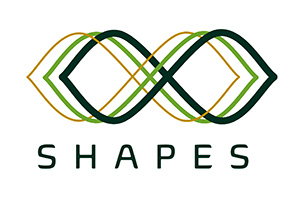
by Edel O'Sullivan, | Aug 20, 2021 | News Release, Press
SHAPES has received a very positive evaluation from our independent reviewers and Project Officer. Follow this link to read the full report.SHAPES2Review Report
The team in MOIC has worked throughout the pandemic with partners across Europe to pursue the project and worked flexibly to respond to the many challenges.
In the months ahead we are moving into the exciting phase of piloting and will continue to provide updates via our website. Eligible target users of the patient-facing SHAPES app will soon be able to get their hands on an early prototype to test its design and functionality in a real-world setting. Planning for Phase 3 of the SHAPES pan-European pilot campaign in Northern Ireland is currently underway.
The SHAPES approach has become increasingly relevant and accepted; as the value of smart and healthy aging through assistive and digital technologies is recognised as crucial for our health service. We are thrilled that the dedication and hardwork has been recognised in this feedback.
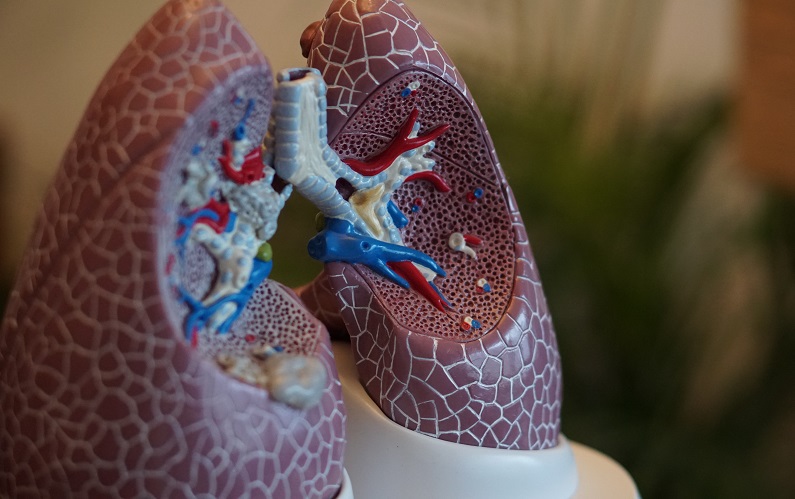
by Edel O'Sullivan, | Aug 19, 2021 | News Release, Press
Dr Katherine O’Neill Senior Research and Innovation Programme Manager at MOIC has successfully been selected to present work at the world’s largest meeting of respiratory professionals in the virtual format.
The abstract “A systematic review to assess the components of clinical decision support systems (CDSS) in chronic respiratory disease (CRD)” has been accepted as an e-poster in the “Digital health interventions in respiratory medicine” session of the European Respiratory Society (ERS) International Congress, September 5-8th.
The congress is a dynamic, digital experience offering the latest in respiratory medicine and science and will welcome professionals in this field from throughout Europe.
The piece of work which involves partners from Queen’s Univeristy Belfast Northern Ireland Clinical Research Facility, presents preliminary findings from a review of the literature describing digital and non-digital clinical decision support systems in chronic respiratory disease in order to summarise the key features of the systems.
Speaking attend of the conference Dr Katherine O’Neill said “We are excited to have the opportunity to present and discuss the findings from our collaborative work at the International ERS Congress. This review will be important to understand the mechanisms behind clinical decision support systems success or failure in adults with chronic respiratory disease”
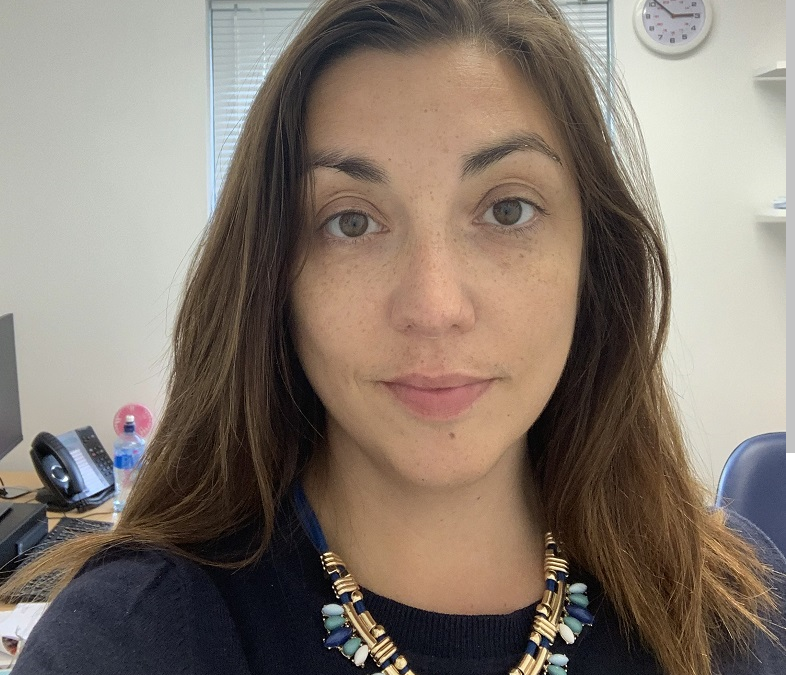
by Edel O'Sullivan, | Aug 12, 2021 | News Release, Press
Northern Health Trust recently welcomed its first ADEPT Fellow (Achieve Develop Explore Programme for Trainees). This fellowship offers senior doctors an opportunity to take 1 year to develop organisational and leadership skills. During their time, they undertake projects, complete formal leadership training and are provided with opportunities to network and learn with healthcare colleagues.
Therese McCartney, a Specialist Registrar in Medical Oncology has been appointed to the NHSCT. During her year, she will work with Medical Education and MOIC on addressing the WHO Challenge: Medication Without Harm. Therese will be focusing specifically on anti-microbial stewardship and on safer prescribing.
Therese has also been awarded a NICE scholarship for 2021-2022, during which time she hopes to develop a programme of post-graduate teaching for doctors in the Medical Specialties with the intention of refreshing trainees’ current medical knowledge and updating them on the latest NICE guidelines. Therese hopes these two projects will harmonise to improve both patient safety and post-graduate medical training.






